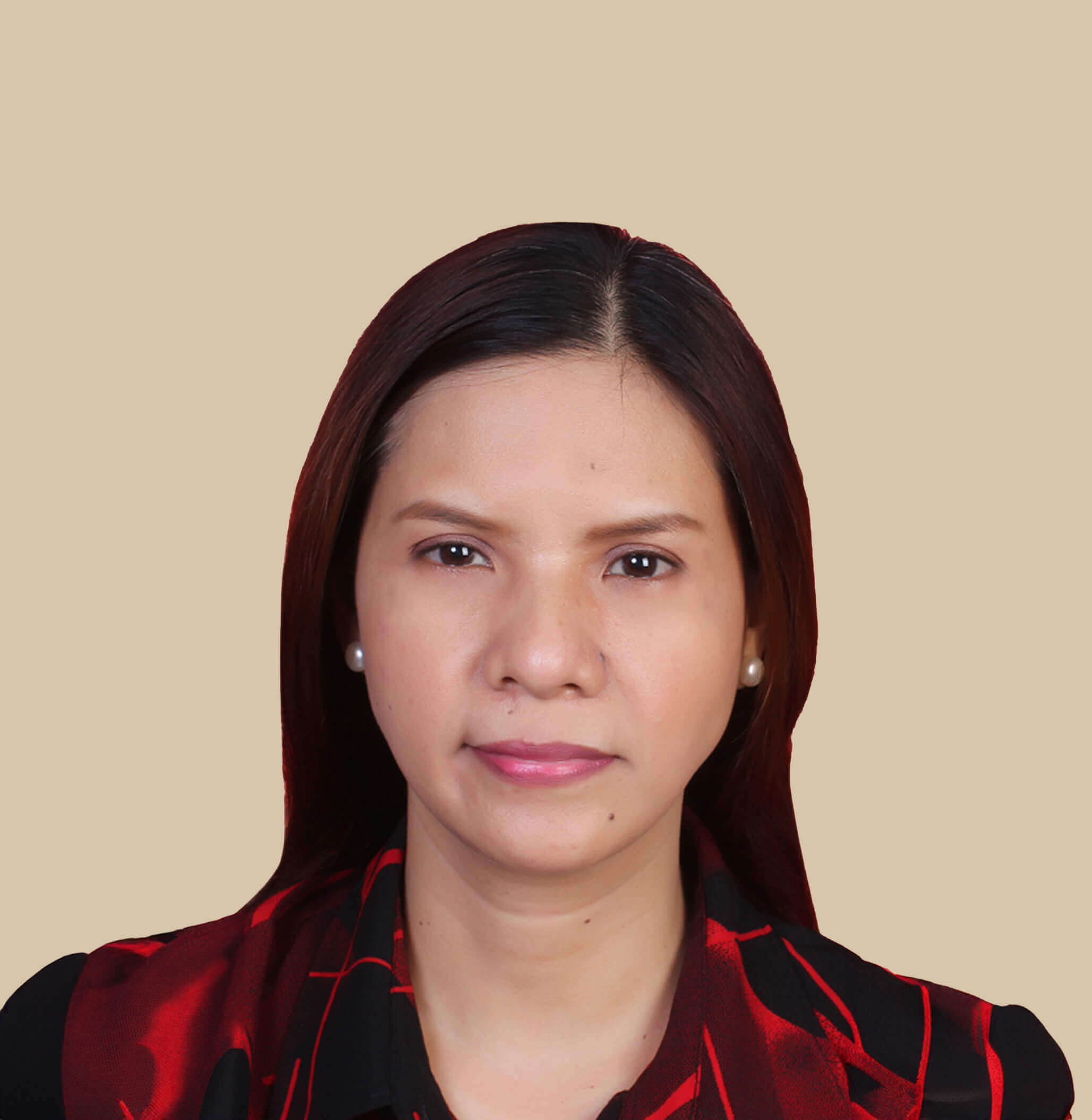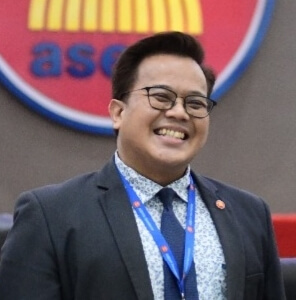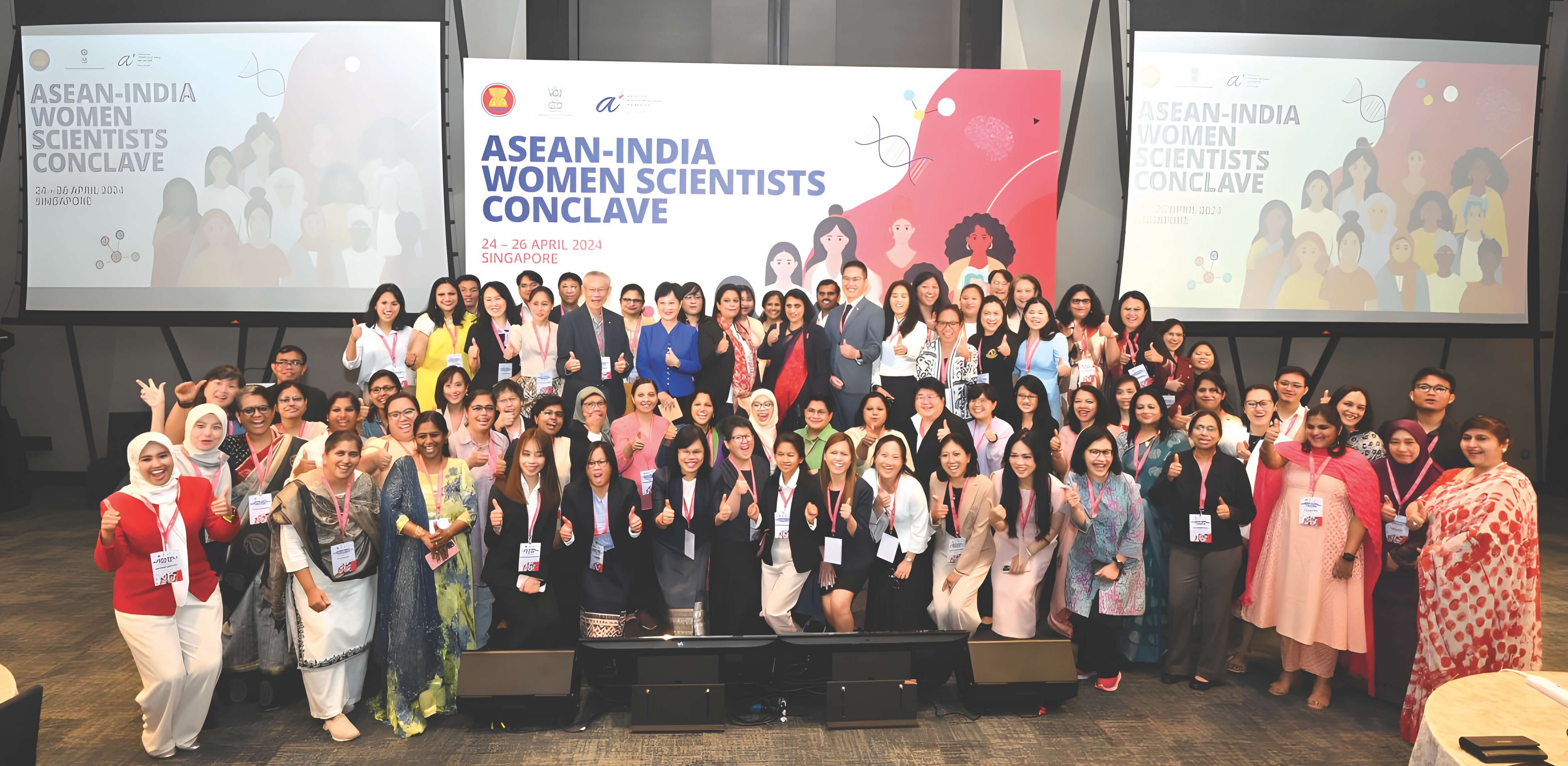






Fostering an enabling, disability-inclusive ASEAN Community
ASEAN has a long-standing commitment to promote and protect the rights and uplift the lives of persons with disabilities in the region. All ASEAN Member States have ratified the United Nations Convention on the Rights of Persons with Disabilities (CRPD). At the regional level, ASEAN has adopted and implemented regional frameworks, such as the Bali Declaration on the Enhancement of the Role and Participation of Persons with Disabilities in ASEAN Community (2011) and the Mobilisation Framework of the ASEAN Decade of Persons with Disabilities (2011-2020), among others.
Building on the implementation of these regional frameworks, the ASEAN Leaders adopted the ASEAN Enabling Masterplan 2025: Mainstreaming the Rights of Persons with Disabilities (Enabling Masterplan) during the 33rd ASEAN Summit in November 2018.
The Enabling Masterplan aims to build an inclusive ASEAN Community where persons with disabilities have independence and freedom of choice and can fully and effectively participate in all areas of life. Moreover, the Enabling Masterplan intends to achieve equality and raise the quality of life for persons with disabilities, their family members, personal assistants, and caregivers.
Various ASEAN Sectoral Bodies across the ASEAN Community pillars contribute to implementing the Enabling Masterplan. Using a programmatic approach, disability inclusion principles are introduced and institutionalised in the sectoral work plans. The Enabling Masterplan’s Key Action Points (KAPs) mainstream the rights of persons with disabilities into specific regional priorities, strategies, projects, and programmes.
The Enabling Masterplan supports ASEAN Member States in realising their commitments to implement the CRPD. These commitments are centred on ensuring respect for and promoting, protecting, and fulfilling the rights of persons with disabilities. Specifically, implementing the Enabling Masterplan at the country level aims to foster an enabling environment and build the capacity of governments and duty-bearers to advance disability rights and disability inclusion.
Ultimately, implementing the Enabling Masterplan is based on the fundamental principle of considering the interests and needs of persons with disabilities. Such inclusion and mainstreaming initiatives give life to the principle of “nothing about us, without us.”
Reviewing progress and lessons learned
The Enabling Masterplan mandates conducting a mid-term and end-term review of its implementation. The former takes stock of the achievements, challenges, and lessons learned since its adoption in 2018. In particular, the mid-term review (MTR) examines the ASEAN Sectoral Bodies’ contributions toward implementing the Enabling Masterplan’s 76 Key Action Points across ASEAN’s three pillars: 24 for the ASEAN Political- Security Community (APSC) Blueprint 2025; 25 under the ASEAN Economic Community (AEC) Blueprint 2025; and 27 under the ASEAN Socio-Cultural Community (ASCC) Blueprint 2025.
The mid-term review was initiated through a stocktaking exercise conducted in 2022, which included an inventory of the disability-inclusive actions and initiatives undertaken by the various ASBs from 2018 to 2021. The relevant ASEAN Sectoral Bodies and all ASEAN Member States then undertook a self-assessment process utilising a standardised progress tracking tool developed under the Enabling Masterplan’s results-based Monitoring and Evaluation framework.
Twenty-two ASEAN Sectoral Bodies submitted their respective Sectoral Self-Assessment Reports documenting various initiatives, projects, and activities. The reports enabled these sectoral bodies to categorise their initiatives according to the KAPs. In parallel, all 10 Member States conducted self-assessments indicating that policies and programmes were in line with the KAPs. All these reports were complemented by the information contained in the Annual Progress on the Implementation of the ASEAN Enabling Masterplan, which the ASEAN Secretariat has developed and submitted to the Senior Officials Meeting on Social Welfare and Development and ASEAN Ministerial Meeting on Social Welfare and Development each year since 2018.
Overall, ASEAN has made significant progress in implementing the Enabling Masterplan. The sectoral bodies that participated in the self-assessments and all the Member States reported substantial action taken across all the KAPs.
While each of the three ASEAN Community pillars has seen varying levels of progress, sectoral bodies often undertake actions that impact and advance Key Action Plans (KAPs) beyond their own pillar. It demonstrates an integrated and comprehensive approach, affirming the Enabling Masterplan’s mandate of providing a comprehensive framework for mainstreaming the rights of persons with disabilities across the ASEAN Community.
Also, the self-assessment highlighted the interconnectedness of mainstreaming disability inclusion, demonstrating that the sectoral bodies did not work in silos. The sectoral bodies’ contributions, which extend across the three ASEAN Community pillars, reflect a coordinated effort to address disability rights across sectors. A closer look reveals the following:
- The ASEAN Political Security Community sectoral bodies organised numerous awareness-raising training and workshops across the region on the fundamental rights of persons with disabilities. These initiatives highlight the critical importance of ensuring the right to participate in decision-making processes and engaging in the public sphere.
- The ASEAN Economic Community sectoral bodies pursued policies that encouraged inclusion of persons with disabilities in the economic sphere. A significant element of this strategy is the emphasis on stakeholder engagement and participation.
- The ASEAN Socio-Cultural Community sectoral bodies demonstrated a comprehensive approach through a range of regional initiatives, from enhancing accessibility and promoting inclusion in various sectors and strengthening capacities to promoting overall inclusive development.
At the country level, ASEAN Member States excelled at developing enabling legal and policy frameworks aligned with the CRPD. These frameworks served as a solid foundation for developing and implementing disability-inclusive policies and programmes. Investments in awareness-raising campaigns and coordination mechanisms complement these.
While much progress has been made, the most persistent challenge revolves around the insufficiency of disability-disaggregated data. Such data are crucial in designing and implementing responsive disability-inclusive policies, projects, and programmes. There is also a need to continue building capacities to foster a culture of disability inclusion. Lastly, efforts are required to bridge the gap and ensure the meaningful participation of persons with disabilities and their organisations throughout policymaking and implementation processes.
Empowering persons with disabilities in ASEAN post-2025
The Enabling Masterplan’s participatory and inclusive review is a testament to ASEAN’s common resolve to learn from one another on what works and what needs to improve and realise the region’s shared commitments for persons with disabilities. In this vein, ASEAN has been successful in measuring the progress of implementation of the Enabling Masterplan, which yielded valuable lessons and insights and surfaced gaps and key challenges that need to be addressed.
Reviewing the Enabling Masterplan’s implementation highlighted key lessons, such as the importance of continuously raising awareness on disability rights and disability inclusion, enhancing cross-sectoral and multi-stakeholder collaboration, and improving data collection and monitoring, among others.
ASEAN’s post-2025 agenda will build on the lessons learned and elevate a comprehensive and integrated approach to disability inclusion, including mainstreaming and targeted approaches. Ultimately, this will ensure meaningful and substantive engagement of persons with disabilities and their organisations in policy and decision-making platforms and processes. ASEAN Member States can further advance efforts to provide the full participation and inclusion of persons with disabilities in all aspects of society.








